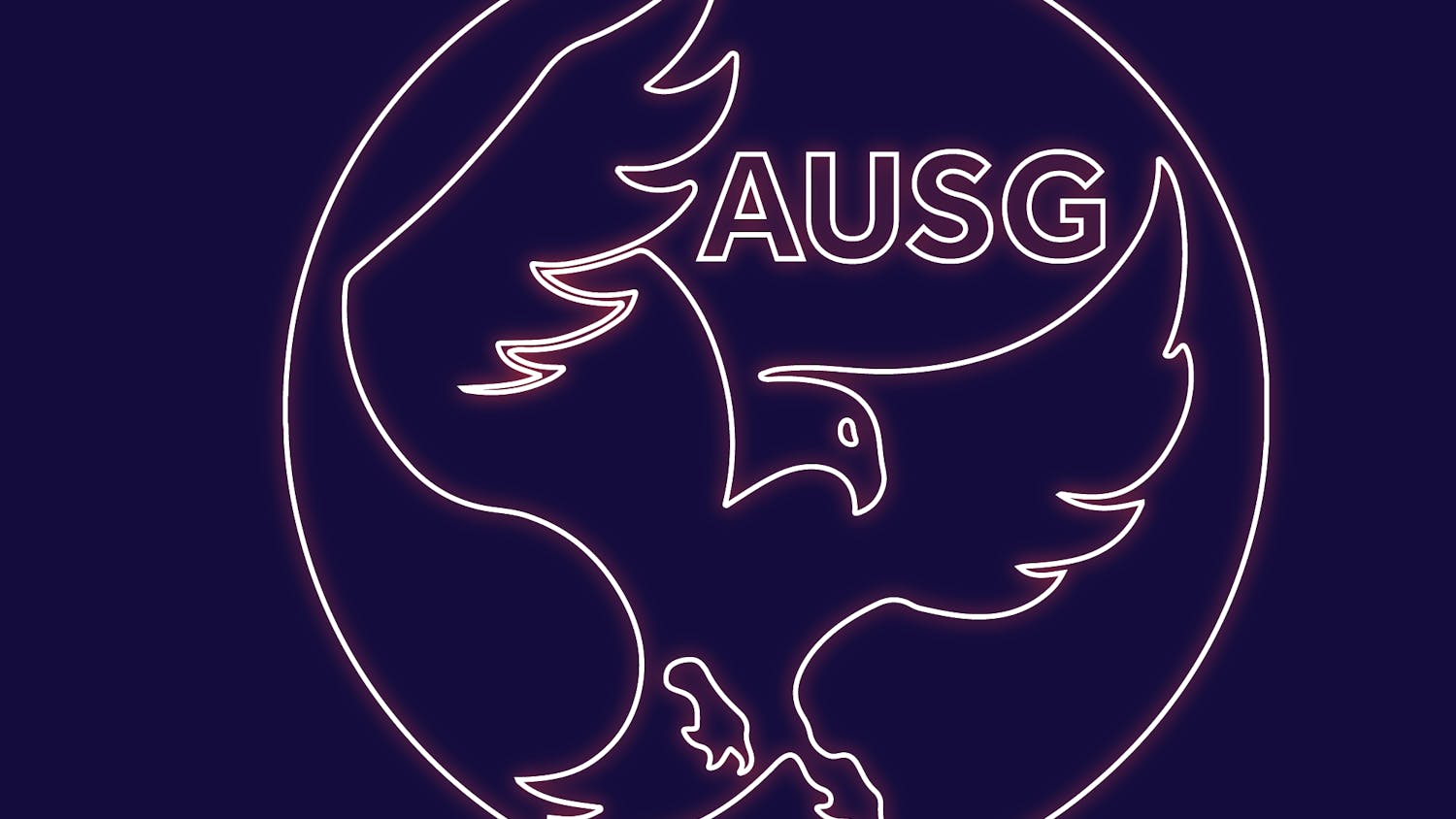Americans lack a fundamental understanding of foreign cultures that may pose a serious liability to the current "war on terrorism," according to a recent report issued by an international group.
NAFSA, Association of International Educators, said in its report, released Nov. 18, that sending more college students abroad, especially to developing countries, can remedy this problem. Former Illinois Sen. Paul Simon, who heads up the organization's Strategic Task Force on Education Abroad, along with former Education Secretary Richard Riley, requested money to send 500,000 students to other nations, and give them need- and merit-based scholarships.
"In 10 years, we would have five million Americans who had studied abroad, making us more understanding of the rest of the world and less likely to commit international blunders, and creating a base of public opinion that would encourage responsible action rather than popular but unwise actions," Simon wrote.
This Lincoln Fellowship, if approved by Congress, would have an annual budget of $3.5 billion and triple the amount of students studying abroad.
During the 2001-02 school year, 160,920 American students studied abroad, triple the number from 15 years ago. However, the report said this is only 1 percent of the 13 million undergraduate students in the United States.
AU's abroad program is not typical of American colleges. With 30 percent of AU students studying abroad, AU ranks at the top of major doctoral universities.
Robert Pastor, AU's vice president of International Affairs, said that the study-abroad project team hopes to double that percentage over the next four years, expanding to locations in Ireland, Canada, Mexico and the United Arab Emirates. Programs in Scotland, Vietnam and Africa are also being explored.
"AU is way ahead of the curve," Pastor said. "We are pioneering a new level of internationalization that the NAFSA report has only begun to hint at."
Pastor, who was recently appointed to NAFSA's Board of Directors and will chair a task force dealing with immigration and visas, said exposure to foreign cultures is important to higher education. NAFSA stands for the National Association of Foreign Student Advisers, though its official name is NAFSA: Association of International Educators.
"I think in the modern world, a good education requires an understanding of other national perspectives. There is no better way to do that than to study in a foreign country," Pastor said.
Junior Melissa Brockley, who studied in Brussels, Belgium, last spring, expressed doubt over whether the Lincoln Fellowships could effect the changes they have proposed.
"I sought to go abroad because I'm aware of these cultural perspectives and differences and wanted to see it firsthand," Brockley said. "People who will seek scholarship money from NAFSA to go abroad will be the same way. I don't think it's helping American insularism, it's just helping people that are already less insular."
Jocelyn Knauf, a junior who studied in Spain last spring, agreed that many of the students on the trip with her had traveled previously and were already aware of cultural diversity, but still gained new perspectives from their experiences.
"The anti-America protests that took place in Spain during the war made us consider how the U.S. is perceived abroad," Knauf said.
The Strategic Task Force on Education Abroad is currently developing its initiatives to urge George W. Bush and Congress to establish the fellowship program.




